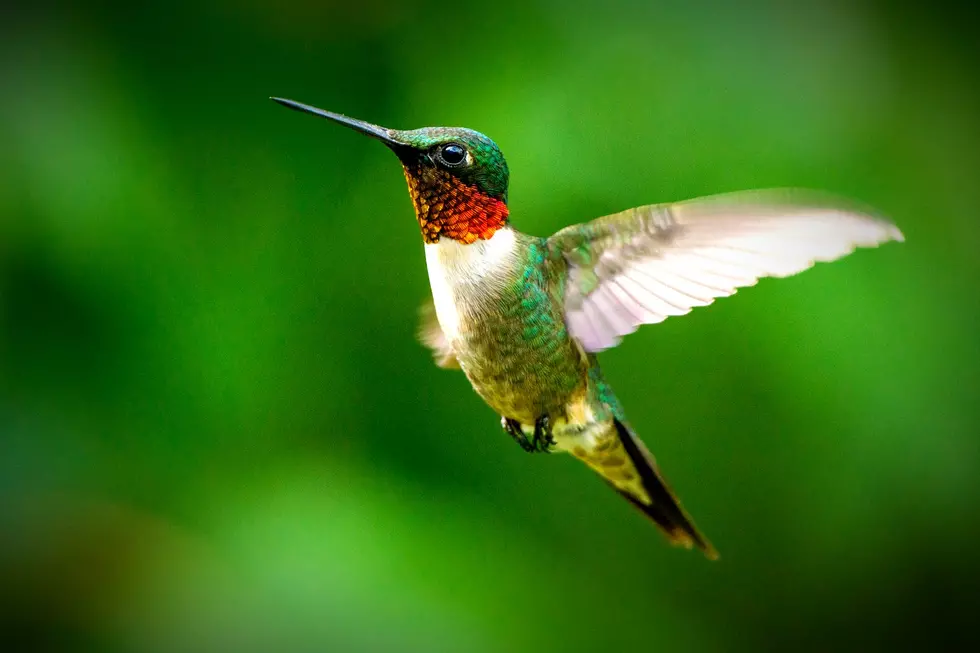
Can Poison Ivy Affect Me During The Maine Winter
Stoking the woodstove? Hey, what's that vine attached to that piece of firewood?
So there you stand in the dead of winter, looking over the backyard where those poison ivy plants were this past summer. Now that it's freezing cold and the leaves are long gone, is it a good time to pull the plants up without becoming itchy?
Here's a newsflash for you. Even with it's leaves long gone, the oil that affects your skin is still on the plant's vine. You'll find the vine twisting around trees and running over the ground under the snow.
Exposure to that vine's oil is what creates blisters and irritated skin, and it may take up to a week later for things to develop into an itchy mess.
Even if those plants die back in the winter, they are not dormant.
Let's bust a few poison ivy myths while we're at it.
You cannot spread the symptoms of poison ivy from one person to another, UNLESS the plant's oil is still on you from initial contact. Remember, after running through a patch of poison ivy, your pet can transfer the poison oil onto you.
Poison ivy doesn't spread. Your skin only reacts from the initial contact.
Inhaling smoke from burning poison ivy can cause a very serious reaction in your nasal passages, throat and lungs. If this happens, see a doctor immediately.
A goat and various other animals can eat poison ivy without becoming infected, every season of the year.

More From WWMJ Ellsworth Maine








